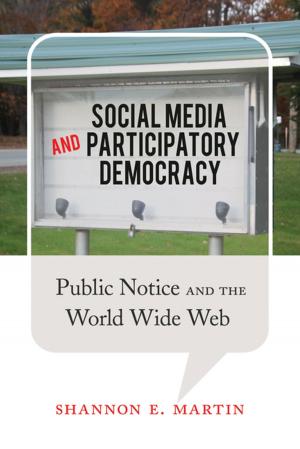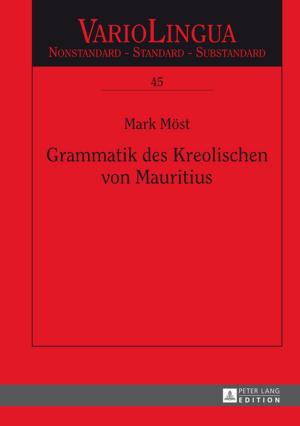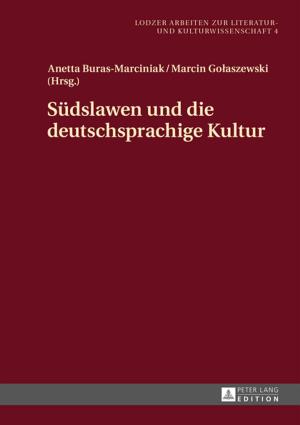About Russia, Its Revolutions, Its Development and Its Present
Nonfiction, History, Eastern Europe, Social & Cultural Studies, Political Science, Government, Social Policy, Politics, History & Theory| Author: | Michal Reiman | ISBN: | 9783631695548 |
| Publisher: | Peter Lang | Publication: | August 5, 2016 |
| Imprint: | Peter Lang GmbH, Internationaler Verlag der Wissenschaften | Language: | English |
| Author: | Michal Reiman |
| ISBN: | 9783631695548 |
| Publisher: | Peter Lang |
| Publication: | August 5, 2016 |
| Imprint: | Peter Lang GmbH, Internationaler Verlag der Wissenschaften |
| Language: | English |
The author analyzes modern Russian history from a new perspective. Due to the ideological heritage of the XIXth and XXth centuries, the social settings of the sociopolitical history of the USSR (1917–1945) have not been fully identified. Detailed examination of ideological and political concepts shows that the revolution of 1917 became not a middle class, proletarian movement, but rather a plebeian one. The misjudgment by the new power enabled growth but caused tremendous losses of human lives and material damages. Socialization of economy and strict centralization led to a new social structure and established terror as an instrument for social reorganization. WWII revealed the necessity of a correction of these developments, but the events of the Cold War circumvented any further considerations.
The author analyzes modern Russian history from a new perspective. Due to the ideological heritage of the XIXth and XXth centuries, the social settings of the sociopolitical history of the USSR (1917–1945) have not been fully identified. Detailed examination of ideological and political concepts shows that the revolution of 1917 became not a middle class, proletarian movement, but rather a plebeian one. The misjudgment by the new power enabled growth but caused tremendous losses of human lives and material damages. Socialization of economy and strict centralization led to a new social structure and established terror as an instrument for social reorganization. WWII revealed the necessity of a correction of these developments, but the events of the Cold War circumvented any further considerations.















